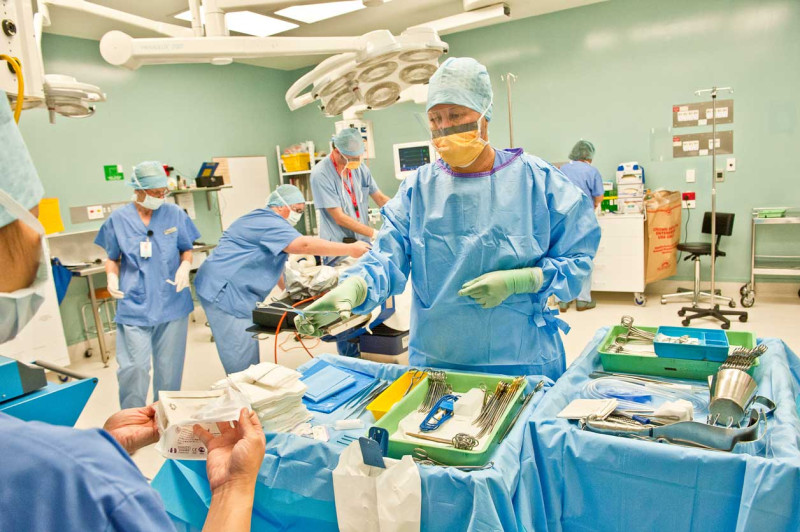Recovering from major surgery is challenging, and an additional complication makes things harder.
Healthcare-associated infections, or infections that arise from a hospital stay, are relatively common and in many cases, preventable. A recent nationwide survey in public hospitals showed that 1 in 15 patients had a healthcare-associated infection, and a quarter of these infections were surgical site infections.

An emotional and physical impact
Although Mary’s hip replacement surgery was a long and complex procedure, it was not the operation that caused problems during her recovery. Mary acquired a urinary tract infection in hospital. Not only was this a serious risk to the new hip joint if the infection spread but it also affected her recovery at home, both emotionally and physically.
Mary’s hospital experience happened during a level 3 COVID-19 lockdown. She had been made redundant because of the pandemic and so was unemployed and living alone at the time of her surgery. It was a tough time in her life, but she was thrilled to finally be having her surgery.
‘I was misdiagnosed for a long time and waited for quite a considerable time to get it [hip surgery] and when it finally came, I was ecstatic.’
‘While I was in hospital, the ward staff, who were absolutely lovely, tried their best. They were rushed off their feet and the ward was absolutely chocka.’
Mary had nothing but praise for the staff, who she knew were very busy. But, because of this, she felt her pain relief needs were not always met. A shortage of physiotherapy staff meant she struggled to access help with adequate mobilisation, and nursing staff were not always available to meet other needs.
‘While I was in hospital, the ward staff, who were absolutely lovely, tried their best. They were rushed off their feet and the ward was absolutely chocka.’
Issues with catheter removal
A urinary catheter is normally inserted in theatre for hip replacement surgery and removed the same day. This didn’t happen for Mary, and when the catheter was finally removed, she felt the procedure was not done in very hygienic conditions.
‘I had a catheter in … because the staff were so busy, my catheter was in for quite a lot longer than it would normally be. It was withdrawn while I was sitting on a stool in the bathroom, with nothing covering it, which I thought was quite an unprofessional way of removing a catheter.’
After the catheter was removed, Mary frequently had to go to the toilet, and initially she didn’t always make it in time, which was very distressing for her in hospital. The problem also continued after she got home 4 days later.
Struggles at home
Mary’s home situation was made worse by the fact she had arranged to have a male colleague stay in the house on her discharge to help with meals, etc. Having to deal with incontinence in these circumstances was acutely embarrassing for her.
‘As I said to a friend of mine, he’s my friend, not my husband. I felt he shouldn’t ever have had to deal with that.’
At first, it didn’t occur to her that she might have an infection. It was only after talking to a friend who was a nurse that Mary decided to contact her doctor.
‘My friend, who’s a nurse, would visit me every day. She said “oh, I’m getting a bad feeling about this. I think you’ve got an infection. I think you’ve got a urinary tract infection.”’
‘He’s my friend, not my husband … he shouldn’t ever have had to deal with that.’
The worst infection you can have
As it was during a lockdown, Mary had to have a phone consultation with her GP, who knew her and prescribed antibiotics.
Luckily for Mary, the antibiotics worked, and she avoided a more serious complication from this infection. When she told her surgeon 6 weeks later, he made her realise what a close call she had.
‘I said it was just a UTI, and he said that is the worst infection you can have when you’ve had hip surgery.’
‘I said it was just a UTI, and he said that is the worst infection you can have when you’ve had hip surgery. Because if it gets into the bone, or the infection got into the wound and then the bone, it would have been an absolute nightmare to repair.’
